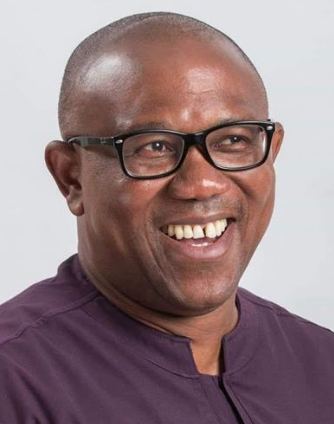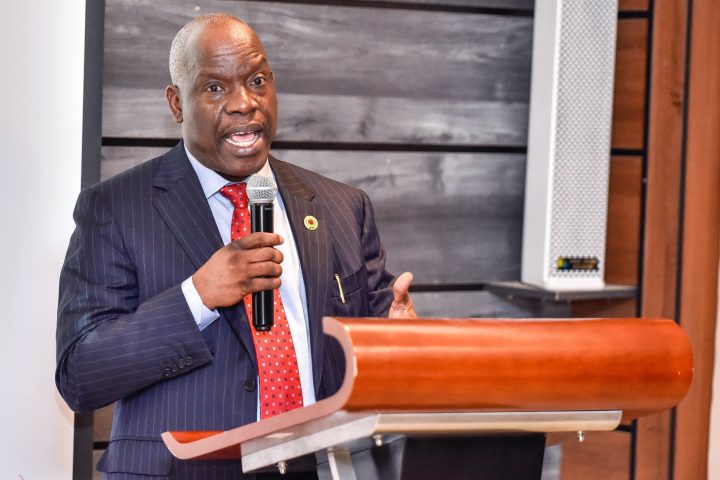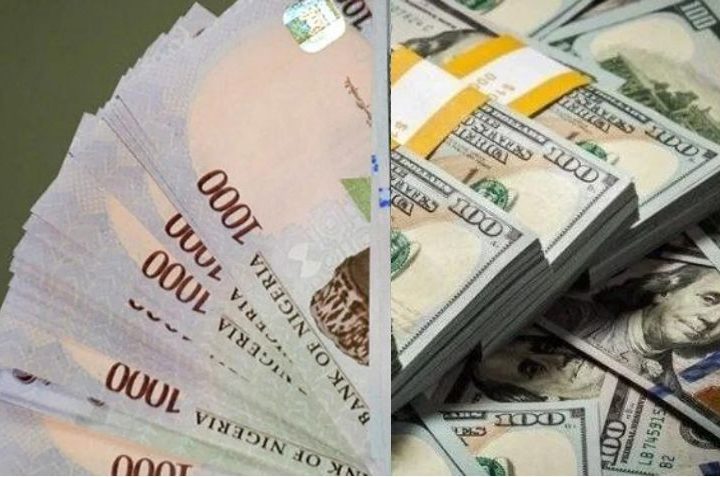Nigeria’s economy grapples with inadequate infrastructure, power, unsustainable government polices, insecurity but it has remained on a downward trend because public officials mismanage borrowed funds, former Governor of Anambra State, Mr. Peter Obi, said.
Obi, a vice presidential candidate in the 2019 election, made the assertion on his verified Twitter handle @Peter Obi on Thursday morning.
The former Governor, who is also an economic expert, said borrowing could be an acceptable means of financing expenditure when the available revenue is inadequate but must be strictly utilized in critical investment areas of production to boost economic growth.
Join our WhatsApp ChannelHe said Nigeria’s case is, however, borrowing for consumption, which he described as ”unsustainable.”
Nigeria’s economy which has, for decades, been running on deficit budget, has had its debt profile rise sharply in the past few years making economic experts to raise concerns on the sustainability of such trend and how the country is going to come out of it.
The Debt Management Office (DMO) said the country’s total public debt stock has hit N38 trillion as at September 2021. The 2022 budget has N17.13 trillion, with a capital expenditure of N5.96tn (35 per cent of total expenditure), N6.91tn- non-debt recurrent expenditure which is 40 per cent of total expenditure and debt service provision of N3.61tn (21 per cent of total expenditure and 34 per cent of total revenues). The budget by its outlook has a deficit of N6.4 trillion (37 percent of total expenditure) which is to be funded through borrowing, meaning more increase in the debt stock in 2022.
The International Monetary Fund (IMF) in a report released recently, stated that the Federal Government’s gross debt profile is projected to grow by 92.11 per cent from N70.85 trillion in 2022 to N136.11 trillion in 2026 which means an upward debt trend.
READ ALSO: Don’t Compare Nigeria’s Budget Deficit Ratio With Advanced Countries’, Utomi Warns
A Professor of Political Economy, Pat. Utomi had while speaking on Nigeria’s borrowing, in an exclusive interview with Prime Business Africa recently, said it is not sustainable, observing that the worry with Nigeria is how the borrowed funds are spent looking at the behaviour of political leaders.
He said, “Have you watched the behaviour of Nigerian politicians, is there any suggestion that they are ready to do anything like tightening belt. I won’t trust people who behave like that with borrowed money. They would just squash the future of people who would pay back that debt. We have made this mistake again and again.”
Obi in his tweet said Nigeria can only manage borrowed funds well if it puts visionary leadership in place.
“Our past and continued mismanagement of borrowed funds and borrowing for consumption are the major contributors to the monumental economic challenges confronting Nigeria today.
“There is nothing wrong with borrowing. But what we need to do is to put a law in place that if we must borrow, it must strictly be for investment in areas of growth.
“Many countries have built robust economies with borrowed funds.
We can do the same if only we enthrone visionary and committed leadership,” Obi stated.
Victor Ezeja is a passionate journalist with seven years of experience writing on economy, politics and energy. He holds a Master's degree in Mass Communication.

















Follow Us